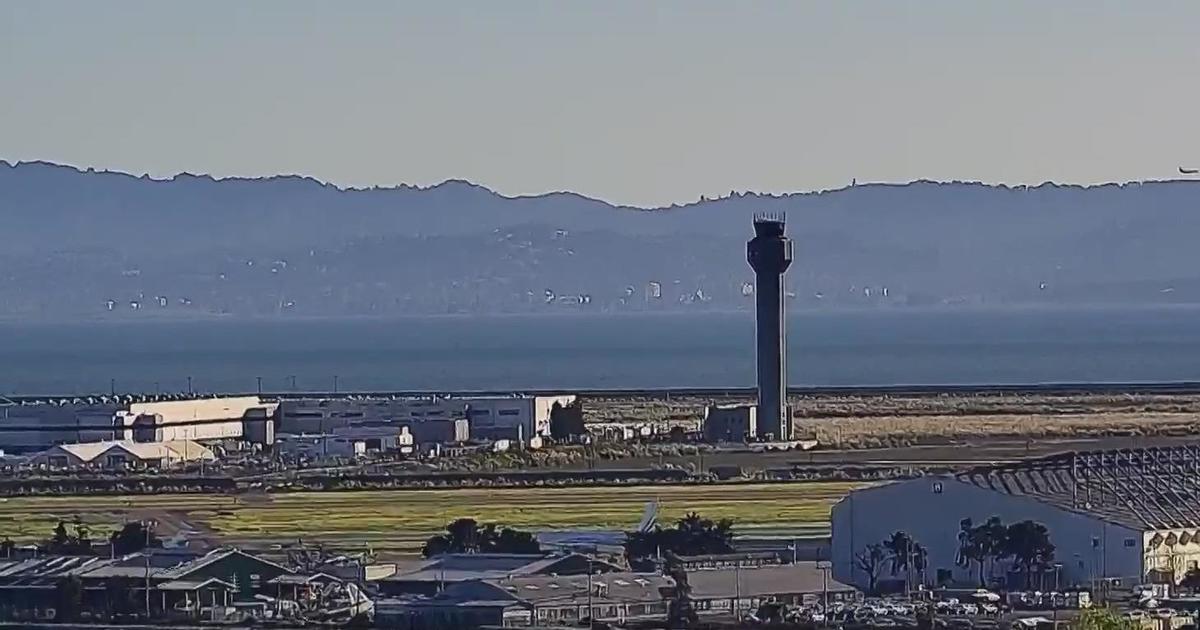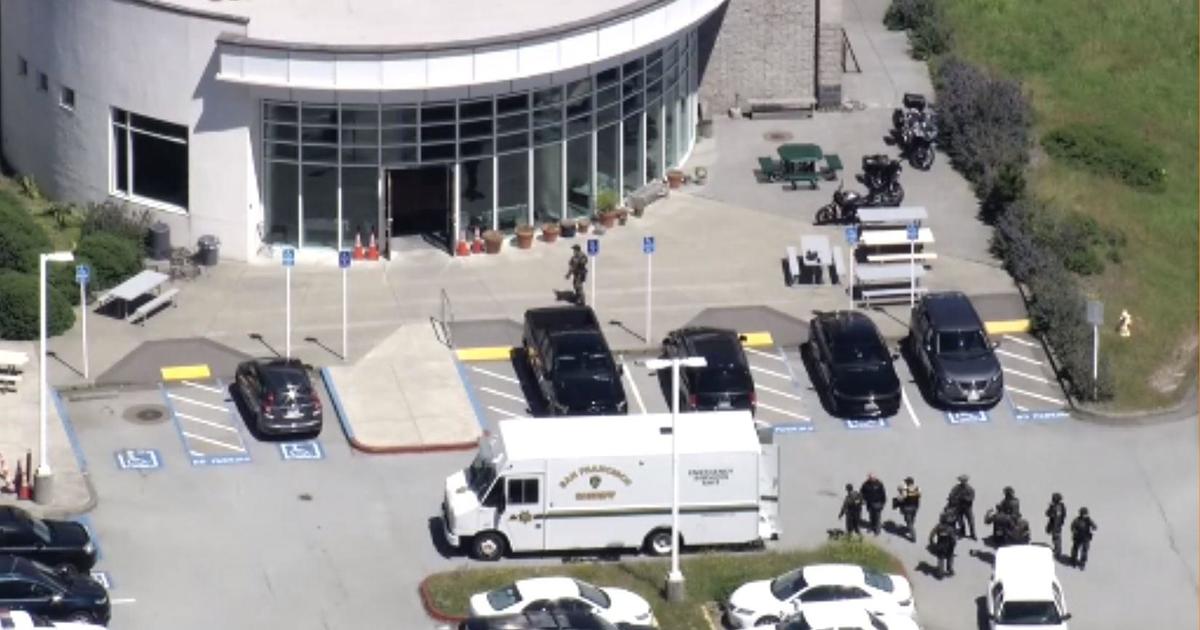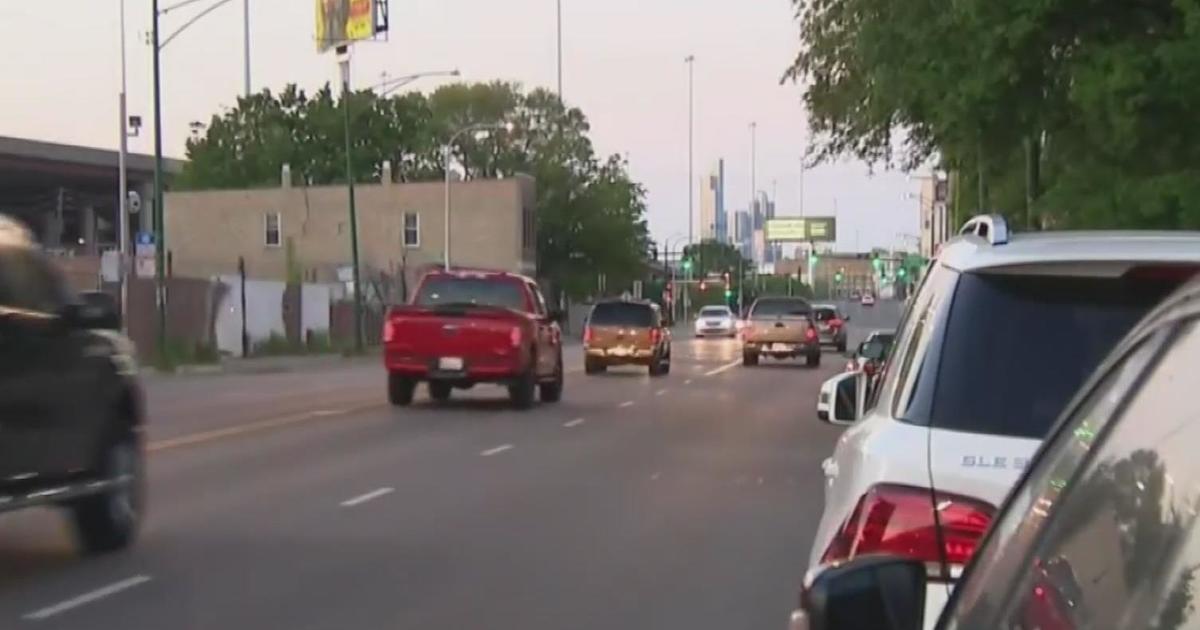San Francisco Cell Phone Labeling Ruling Could Have Far Reaching Effects
SAN FRANCISCO (CNET) -- A Federal Appeals Court judge in San Francisco was set to hear arguments Thursday in a long-simmering legal battle between the city and the wireless industry. The outcome could be significant, not only for San Francisco, but also for states and other cities around the country.
The tussle started two years ago when the San Francisco Board of Supervisors passed a groundbreaking resolution mandating that cell phone retailers display a handset's Specific Absorption Rate (or SAR) at the point of sale.
That quickly irked the CTIA, the cell phone industry's lobbying arm, which promptly sued the city on the grounds that the law was unconstitutional, the SAR provision was misleading to consumers, and that it infringed on the First Amendment rights of retailers. City officials eventually rewrote the legislation to delete the SAR requirement, but the CTIA continued to challenge provisions that required retailers to post informational notices on radiofrequency (RF) exposure and offer fact sheets to consumers that request them.
After one ruling and an appeal, the CTIA was contesting the only remaining part of the legislation—whether retailers have to make the fact sheets available—and San Francisco is asking for the other pieces to be reinstated. A decision is not expected to come today (each side has only 20 minutes for arguments), but lawmakers around the country and in Congress will be watching. And if the city wins, similar legislation could follow.
When San Francisco was revising its "Right to Know" ordinance last summer, five states and four cities in California and Pennsylvania were weighing legislation over cell phone RF emissions. Though some simply called for more research, others like a California state bill were modeled on San Francisco's law. Except for cities like Burlingame, Calif. that have posted SAR information on its Web site, most of the other bills died in committee or on hold.
In an e-mail to CNET, a spokesman for Democratic New York City councilman Peter F. Vallone Jr. said that his boss has considered SAR-related legislation for some time, but has yet to introduce an official bill. "We can't regulate emission levels on the local level," he wrote. "But we are looking to model our bill after the one passed in San Francisco, pending the outcome of current litigation."
Two new states also are taking a wait and see approach. A Hawaii, bill requiring retailers to post the SAR for each phone sold, has not seen action since being referred to the Senate Health Committee at the end of the 2011 session and in Connecticut, a nearly identical bill passed the Senate on April 18 of this year and is now before the House of Representatives. Also, just this week Rep. Dennis Kucinich (D-Ohio) introduced a resolution that would put warning labels on cell phones and create a national research program to study cell phone radiation levels.
So whatever happens, The Right to Know ordinance could serve as a model or a lesson for the the future debate over cell phone safety.
(Copyright 2012 by CBS San Francisco. All rights reserved. This material may not be published, broadcast, rewritten or redistributed.)



